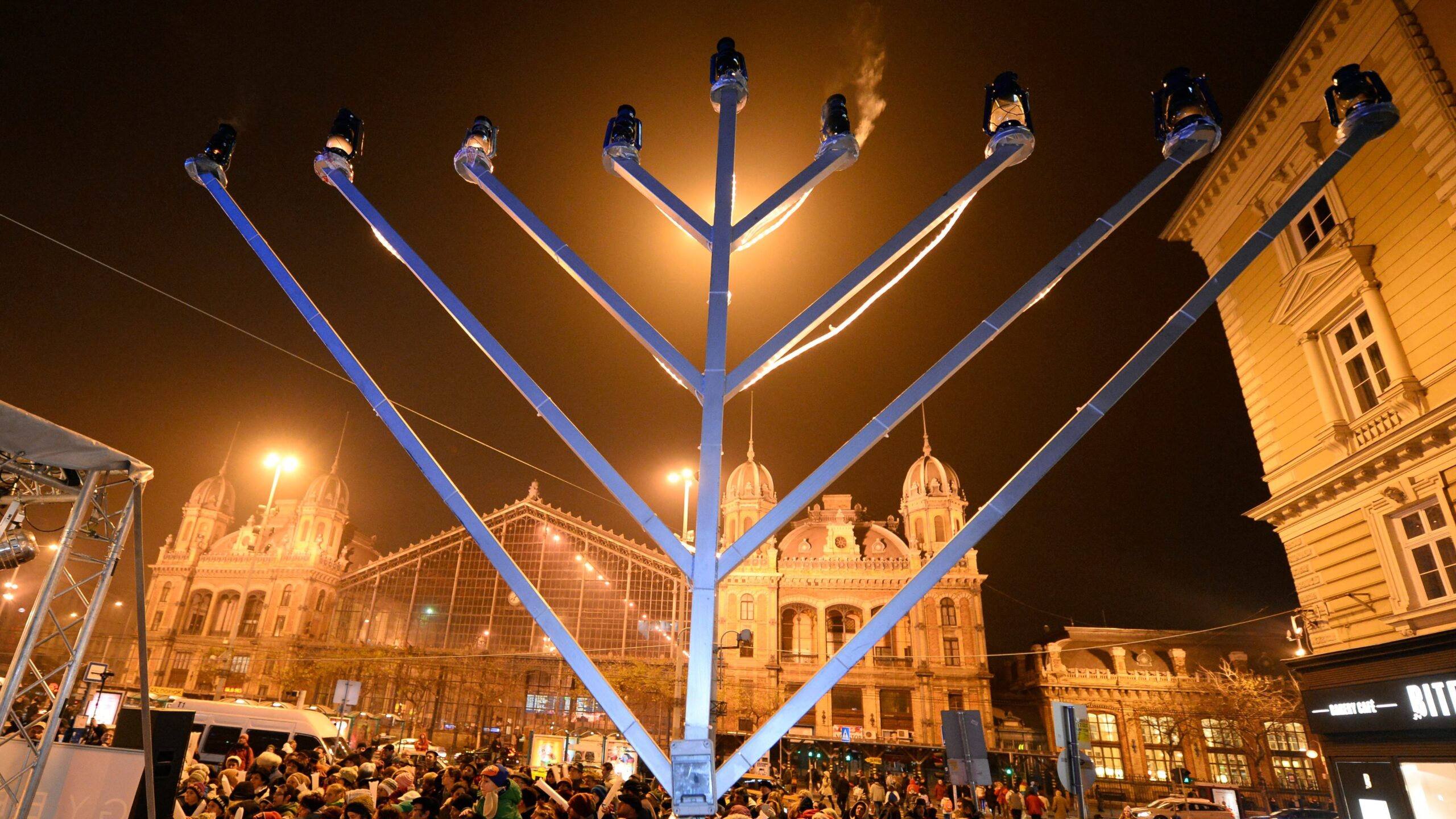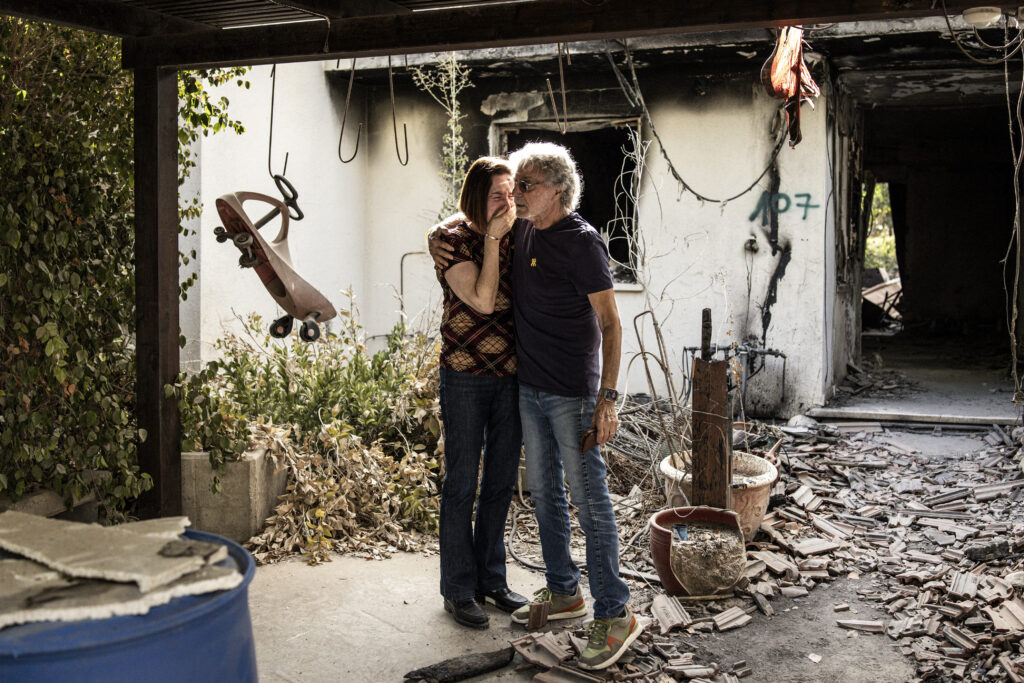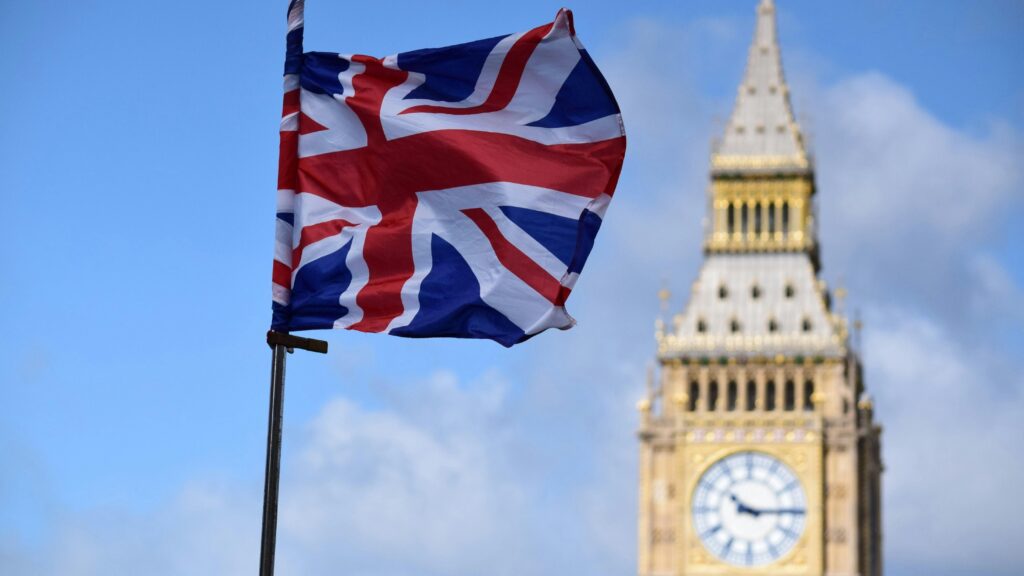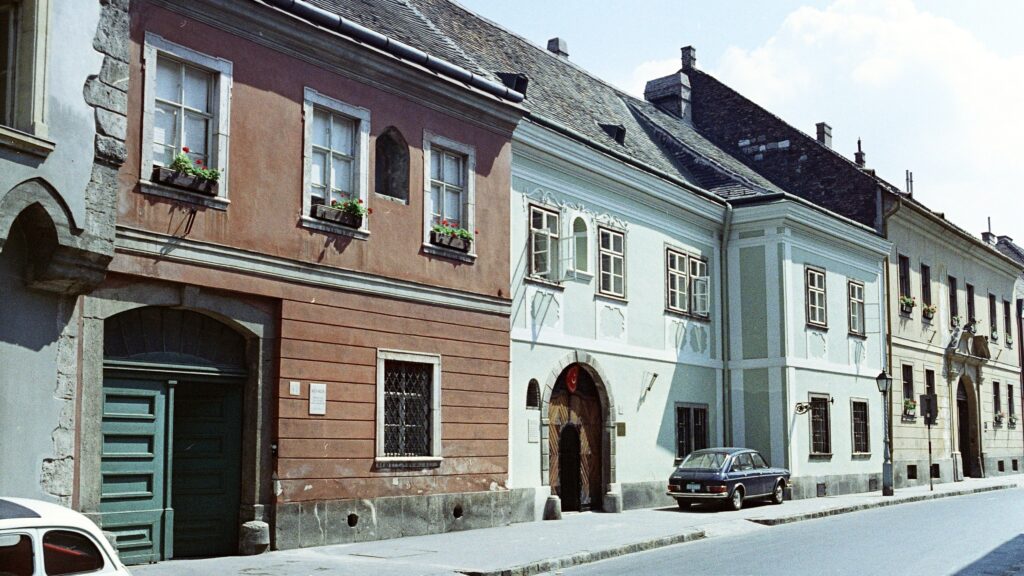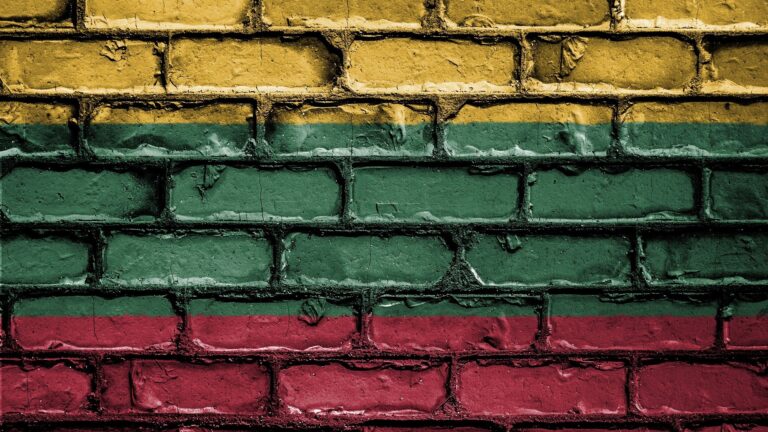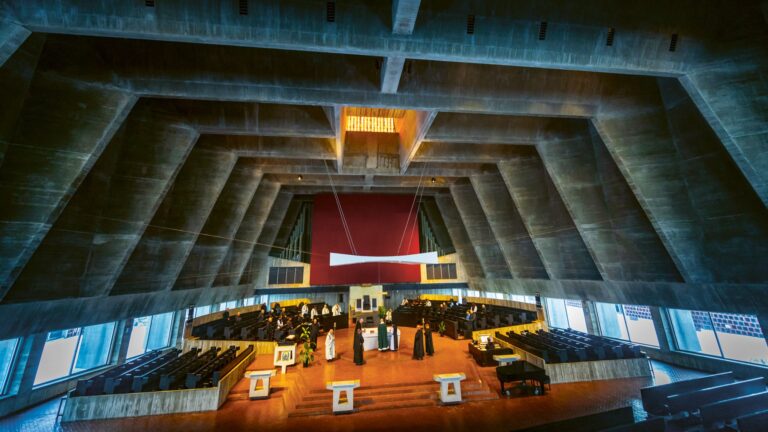25 December will be a special day this year, as it marks not only the celebration of Christmas but also the beginning of Hanukkah. Hanukkah, the eight-day Jewish Festival of Lights, commemorates the rededication of the Temple in Jerusalem in the second century after it was liberated. This year’s Hanukkah will start on 25 December and end on 2 January 2025.
Hanukkah, which is also known as the ‘feast of dedication’, commemorates the miracle of 138 BC, when a few loyal Jews, led by the Maccabees, defeated the huge army of the Syrian Greeks, preventing the violent assimilation that would have led to the spiritual and physical annihilation of the Jewish people. The Sanctuary of the Temple of Jerusalem had been desecrated by the Greeks and needed to be rededicated after their defeat. However, there was only enough oil to keep the Menorah lit for one day and miraculously, that small amount of oil lasted for eight days, making the victory over the Greeks even more remarkable. The Menorah, one of the oldest symbols of Judaism, is a seven-branched candlestick that represents the burning bush seen by Moses. It should not be confused with the Hanukiah, the candlestick used during Hanukkah, which has nine branches: eight for the candles and one for the Shamash, in the centre. The Shamash is used to light the other candles and symbolizes the oil that burned for eight days.
Hanukkah begins with the lighting of the first candle on the menorah. Each night, one additional candle is lit until all eight candles are illuminated on the final night. Menorahs are placed in doorways or windows of every household. They are also lit in synagogues and public spaces, as noted by Chabad. Special blessings and prayers are recited, and traditional songs are sung. According to Life in Messiah, the candle lighting is often accompanied by readings from Psalms 113–118 and Numbers 7:1–8:4. The ninth candle on the menorah is called the shamash, or helper, and it is used to light the other candles.
Hanukkah Celebrated in Budapest
While travel blogs, especially this year with the Advent Basilica winning the prize of Europe’s most beautiful Christmas market for the fourth time in a row, often focus on the Christmas markets of Budapest, they oversee the Hanukkah celebrations in the home of the third largest Jewish community, Budapest. Budapest during Hanukkah is especially enchanting. The streets are lit with lights, menorahs are lit in public squares, and rabbis take to the ice on skates. The celebrations are particularly remarkable because such public displays of Jewish identity would have been unimaginable throughout the former communist bloc, as fear of persecution for practicing any religion—especially Judaism—resulted in very low-key observance of holidays like Hanukkah.
In the post-communist world, however, Jewish communities in Budapest are having something of a revival. Most Jewish ceremonies are typically held in private, but Hanukkah is intended to be a public celebration. Although Jews do not engage in missionary work, during Hanukkah, they display menorahs in the windows of homes and shops to ‘spread the news of the Jewish miracle’. This encourages participation from the wider community. Starting in the 1970s, the publicization of Hanukkah became increasingly widespread, largely due to the efforts of Rabbi Menachem Mendel Schneerson, the Lubavitcher Rebbe. This movement led to the lighting of public hanukkiot.
‘The celebrations are particularly remarkable because such public displays of Jewish identity would have been unimaginable throughout the former communist bloc’
The only exception to publicizing this mitzvah is during times of danger and antisemitism. However, some argue that it may be particularly important to highlight the mitzvah of Hanukkah during such times. Director of Chabad’s Lubavitch Youth Organization Rabbi Shmuel M Butman emphasized this point, leading up to the lighting of the World’s Largest Menorah (as recognized by the Guinness Book of World Records) in New York City in 2022. He noted that there had been a rise in anti-Semitic incidents, with antisemitism being endorsed by powerful and influential figures.
Today, in cities across the US and Europe, joyful Hanukkah celebrations are commonly organized by the Hasidic group Chabad-Lubavitch. In Budapest, similar festivities are held in three primary squares: Nyugati square, Szél Kálmán square, and Deák square. The ritual lightings are accompanied by Eastern European Klezmer music, traditional dancing, and Hanukkah doughnuts (sufganiyot) distributed to spectators gathered around the large hanukkiah.
After the fall of communism, Jewish culture has been revived, with many secular Jewish youth organizations hosting non-Orthodox, countercultural Hanukkah festivals. For instance, the group Marom has organized a light festival in Budapest’s 6th and 7th districts, which were once Jewish ghettos. Today these neighbourhoods are among the trendiest entertainment areas in Budapest, featuring hundreds of bars, kosher-style restaurants, and Jewish literary cafes and theatres. All of this exists near three stunning synagogues: the art nouveau Orthodox Kazinczy Synagogue, the Great Synagogue, and the Rumbach Street Synagogue, designed by Otto Wagner.
One of the most delightful—and likely one of the most photographed—Hanukkah events in Budapest is the ritual lighting at the City Park ice skating rink. Traditionally associated with Christmas, this 3.5-acre rink transforms into a beautiful celebration of the ‘Hanukkah on ice’ trend (which can also be found in cities like New York, Berlin, and London) on the first night of the Festival of Lights. Against the stunning backdrop of Vajdahunyad Castle, celebrants and rabbis skate past a large menorah positioned at the centre of the rink, attempting—some more successfully than others—to juggle singing, enjoying sufganiyot, and skating all at once.
Increased Security During Hanukkah in Israel
Authorities are expected to increase security measures throughout Israel and the Palestinian Territories during the Hanukkah holiday. The ongoing conflict between Israel and Palestinian militants in Gaza is likely to heighten tensions and increase the risk of cross-border attacks during this period. Although renewed ceasefire talks offer hope for a truce by Hanukkah, it remains uncertain whether a deal will be implemented. As a result, authorities are likely to maintain vigilance and deploy additional security measures.
In Israel, security forces are expected to set up roadblocks and checkpoints at the entrances to major cities and other densely populated areas, which will likely lead to significant traffic disruptions. In the West Bank, authorities will almost certainly impose restrictions on freedom of movement during the celebrations, as is customary during Israeli festivals and holidays. Israeli forces are expected to close checkpoints outside Bethlehem, Hebron, Jenin, Jericho, Nablus, Qalqilya, Ramallah, and Tulkarm at least until 2 January. There may be clashes between Palestinians and Israeli security forces at these checkpoints throughout the West Bank. Additionally, confrontations between Israeli settlers and Palestinians are also possible in the region. All crossings along the Israel–Gaza border will remain closed and will be under heavy surveillance.
Israeli officials may limit access to the Temple Mount/Al-Haram Al-Sharif compound in Jerusalem during the holiday period. There is a likelihood that large groups of Jewish worshippers will visit the complex, which could lead to protests by Palestinian Muslim activists in the area. Clashes between protesters and police forces cannot be ruled out. Increased security measures, as well as disruptions to transportation and commerce, are expected around the Temple Mount/Al-Haram Al-Sharif complex. If clashes seem imminent, Israeli officials might take pre-emptive actions to block or restrict access to the site.
Many Israeli businesses will close for some or all of Hanukkah. Historically, many people travel to visit family during this holiday, increasing traffic on main roads.
Hostage Deal Could Be Achieved by This Hanukkah
During his final Hanukkah reception as president, Joe Biden reaffirmed his ‘ironclad’ support for Israel and expressed his commitment to securing the safe return of all hostages.
‘I know this year’s Hanukkah falls on the hearts that are still very heavy. It’s the second Hanukkah since the horrors of 7 October. Over 1,000 were slaughtered, hundreds taken hostage, and unspeakable sexual violence and so much more. The trauma of that day and its aftermath is still raw and ongoing,’ Biden said. ‘I’ve gotten over 100 hostages out. I will not stop so I get every single one of them home,’ he added.
The president condemned the alarming rise of antisemitism in the US and worldwide. ‘I’ve said many times before, my commitment to the safety of the Jewish people and security of Israel and its right to exist as an independent nation-state remains ironclad,’ he stated.
During his remarks, Biden recalled taking each of his grandchildren to concentration camps in Europe so they would understand the horrors of the Holocaust. ’I wanted them to know that you couldn’t pretend it didn’t happen, and it should never happen again,’ Biden said.
Discussions of a potential agreement arose with only a few weeks remaining in President Joe Biden’s administration. He has expressed a desire to secure the release of the remaining hostages taken on 7 October 2023, during Hamas’s attack on Israel. Meanwhile, President-elect Donald Trump has stated that he aims to resolve the hostage situation before taking office, warning that there will be ‘hell to pay’ if it is not addressed, although he has not clarified what he means by that.
‘We are closer than ever to a prisoner exchange agreement, with a commanding majority for the proposal currently on the table’
Israel’s Defense Minister Yisrael Katz was widely quoted in Israeli media as saying to Knesset lawmakers on Monday that a deal is close. ‘We are closer than ever to a prisoner exchange agreement, with a commanding majority for the proposal currently on the table,’ he stated. The ‘majority’ refers to Israel’s Cabinet, where far-right ministers have previously opposed any deal that would prevent a total victory over Hamas. Katz informed lawmakers in a closed-door meeting that the deal does not include an indefinite ceasefire, which had been a sticking point in earlier negotiations.
Israeli media cited Al Sharq Al Awasat, a London-based Arabic daily owned by Saudi interests, reporting that a Hamas official used nearly the same wording. The Hamas official stated, ‘The sides are closer than ever to an exchange deal and a ceasefire.’
On Sunday families of hostages held a rally in Central Park, New York. Speakers at the event expressed optimism about the news that a deal—after months of uncertainty—seemed close to happening. ‘I have faith in Naama and her strength, and I know she’ll be home soon,’ said Amit Levy, whose sister, Naama, is still being held hostage. ‘It could be a matter of days, and we need to push harder than ever to make it happen. We must ensure that all world leaders understand that this is the most important issue.’
Related articles:

